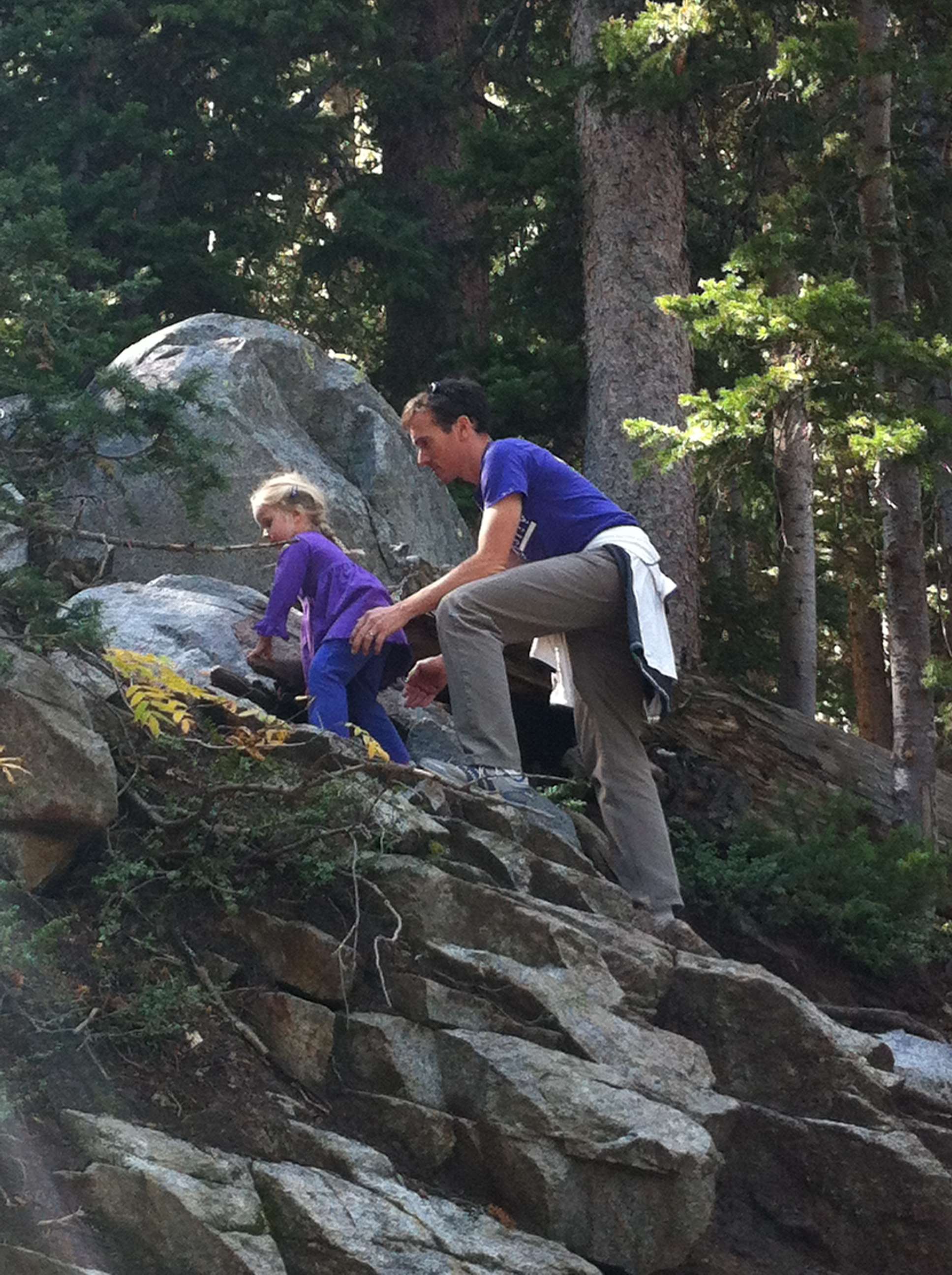
Category: God
-

Remembering the Sabbath
Read More: Remembering the SabbathLast week was a very busy week. There was office work, family obligations, booking events, and the ongoing process of fixing up our old house. And right now we are fixing up the kitchen! It will be great when it is done, but the process can seem long and laborious. So I try to find…
-

The Power of Juggling
Read More: The Power of JugglingIn my most recent newsletter (which you can access here), I told the story of how I had done a show for a high school where just days before I came one student stabbed another in the middle of class. A parent sent me a message after my show thanking me for bringing a little…
-

Prayer Counseling in Children’s Ministry
Read More: Prayer Counseling in Children’s MinistryIn a previous post, I explained the idea of worship response stations and their use in ministry to children. I am going to unpack each station in a series of posts, starting with the prayer station. The Bible teaches us to “pray without ceasing” (1 Thessalonians 5:17), so I believe prayer is essential to Children’s…
Search
Popular Posts
-
“Holy Fools”: Exploring the Journey of Calling for Christian Variety Performers
I am happy to announce that my PhD dissertation has been published to ProQuest, an academic database for published research. I have made the dissertation open source, which means anyone anywhere can access the full content free of charge. Here is the full dissertation: https://www.proquest.com/dissertations-theses/holy-fools-exploring-journey-calling-christian/docview/2622316783/se-2 Please share far and wide. I am very much excited…
-
The Easiest Large Group Game Ever
This is probably the easiest large group game ever invented. If you can think of an easier one, please let me know in the comments. Heads or Tails! This game of heads or tails involves EVERYONE in your large group. It is actually better the larger the group gets. There is an elimination factor to…
-
Book Release! Incredibly Bad Dad Jokes
I have been writing down my original Dad jokes for several years now, but recently they dramatically increased. While the past five months of my life have been the toughest for me as a Dad (with Annie’s medical crisis), the Dad jokes actually came out in full force during this season. You see, in my…
-
A Children’s Ministry Poem
From the mouths of children come questions galore about heaven and angels and Satan and more. They speak what their hearts say without holding back, so the wonder of God is something they never lack. Oh God, who are you? Who inspires the minds of little ones many, so that they may find this Jesus…
-
Joyner Family Christmas 2024 Update
Merry Christmas from the Joyners! Here’s a little bit of our life this past year. We hope and pray the Lord’s peace and blessing over you this Advent season. D – Our little guy is now 5 years old! This year he played Tee Ball in the Spring and started soccer this past Fall when…


